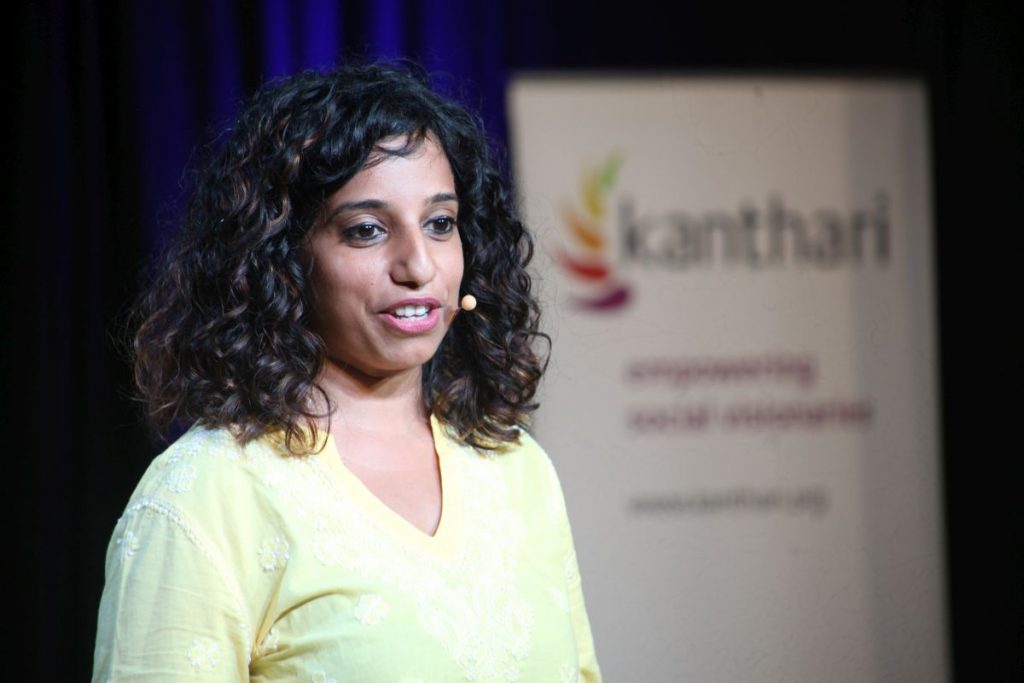The virus and the digital trap?
While students studying in Central, international boards and a few premier institutions attend online classes, the rest of India’s children are on what is essentially an early summer vacation.
But not all are in holiday cheer. Covid-19 has been a stress test for the education system just like other sectors.
Several states have decided to promote all students (mostly from grade 1 to 9) to the next grade without holding examinations. There is much confusion about how schools are going to adapt their timetable for the next academic year to make up for lost time or deal with children who would not have been promoted if not for the lockdown. In government schools, where it has been established over the years that students only have a 40-50% grasp on the concepts taught at their grade level, this could be setting them up for “failure” in their new grade, as there are no plans to make any major changes to the system.
Youth still enrolled in colleges will be faced with a bleak economic outlook, that could take years to recover. While Covid-19 has pushed the unemployment rate to over 23%, we will see this rate go down somewhat as businesses open after the crisis. But in an already competitive job market, with growth forecasts slashed, things are going to be tough. In a country where the highest rate of suicides occurs among those aged 15-29, this is worrisome. Data from the government on reported suicides in 2014 shows that failure in examinations, poverty, unemployment, professional/career problems, bankruptcy and indebtedness claimed a total of 9,520 lives.
Meghana Raveendra, founder of moringa and 2019 kanthari participant, was no stranger to stress and anxiety as a student. She is now in the first stages of setting up her organization that is working towards a more child centered education system that focuses on well-being. moringa seeks to provide children with skills to take charge of their learning while working on sustainable interventions to bring changes in the mainstream system. India and the rest of the world need entities like moringa more than ever after this crisis which has exposed a rigid and unequal system of education worldwide which leaves those without economic means and digital access far behind.
Meghana is concerned that the trend towards online classes seen in these times and the anxiety that parents currently have will leave the system focused too much on digitizing education making it the new norm, leaving out the marginalised and children living below poverty line disconnected. Even if the infrastructure was in place, imagine students glued to screen for hours, watching lectures which were boring even in person with means of interaction between them severely curtailed. This is not to say that technology does not have a place in learning, of course it does. But will digital education be beyond the idea of just teachers, textbooks, oppressive timetables and grueling exams? That’s doubtful at this point, as most of the Indian education remains resistant to systemic changes.
Meghana believes that the education system is one of the factors that causes stress and anxiety among children, which further affects them even in their adult life. With a diploma/degree factory model, the system produces children who lose their ability to think critically, and value having a 9-5 job above all else, which again can lead a cycle of stress, anxiety and depression.
Designer and educationist Jinan KB says, “Children naturally learn the world, not the word”.
Here is where moringa’s mission comes into play. It is not about the system a child is enrolled in; it is about the child taking charge of their own learning. What does that mean?
Children are naturally inquisitive and critical thinkers. They are highly creative and learn by interacting with their environment. At some point we decide that they’ve had enough learning by interaction and put them on a desk within four walls. What needs to happen is that they continue interacting with the world around them through nature, creative arts, sports etc. and especially interactions with people outside their age, culture and social status. moringa likes to use art as a medium of this interaction. Using storytelling, theatre, dialogues, debates and discussions to let their children explore themselves and the world and during it all, have the freedom to direct their own learning and develop their own dreams. When such an intervention is in place, you get young human beings who are not fazed by crises. They don’t want to be the better than all their peers so they can get that job at the multinational, instead they carve their own space in the world. Their gender or socio-economic background doesn’t define who they are. They don’t let their “education” interfere with their learning.
Meghana sees a silver lining in this time of quarantine, “There is one positive aspect though. I feel families and schools can explore self-learning in this period… In this phase when there is no physical presence of a teacher, there is a lot parents can learn from their children as to how independent they [the children] are and how they have the capability to self-learn in any situation.”
http://www.facebook.com/moringasindia/
Connect with moringa on LinkedIn: http://www.linkedin.com/company/moringaindia

